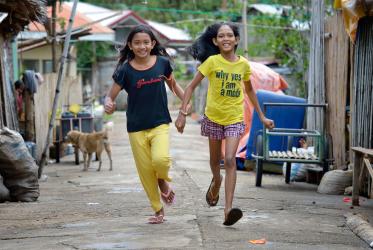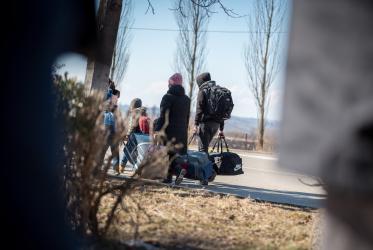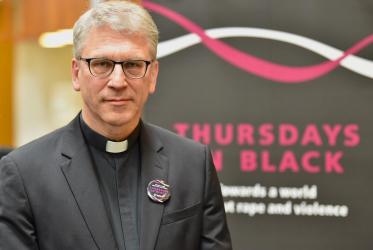Displaying 1 - 20 of 59
WCC organises event on “The Human Rights Situation in the Philippines”
18 September 2019
“Economy of life” lifted up at special school in Indonesia
22 August 2019
Voices from Colombia: “What if we have no land to till?”
15 February 2018
Tveit offers input at religion and development meeting
03 October 2016
WCC holds discussion on religious freedom literacy and diplomacy
23 September 2016











